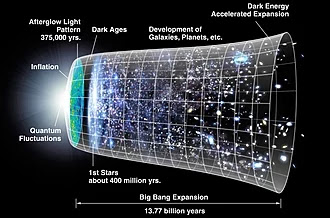Superconductors

WHAT IS A SUPERCONDUCTOR? A Superconductor is a material that conducts electricity with zero resistance. This means that a superconductor can carry electric current indefinitely without losing energy, this property of materials of conducting electricity with no resistivity is called Superconductivity. Superconductors have other important properties like the Meissner Effect. According to this, at a very low temperature, a superconductor loses its magnetic field, that means no magnetic field exist in a superconductor. The temperature at which a normal material shows superconductivity is called as Critical Temperature. This usually happens at very low temperatures as the resistance of a material decreases with a decrease in temperature. Superconductors are applicable in MRI machines, spectrometers, digital circuits and many other hi-tech devices. Superconductors are still not suitable for daily usage machines and has no public use. However they're ...



